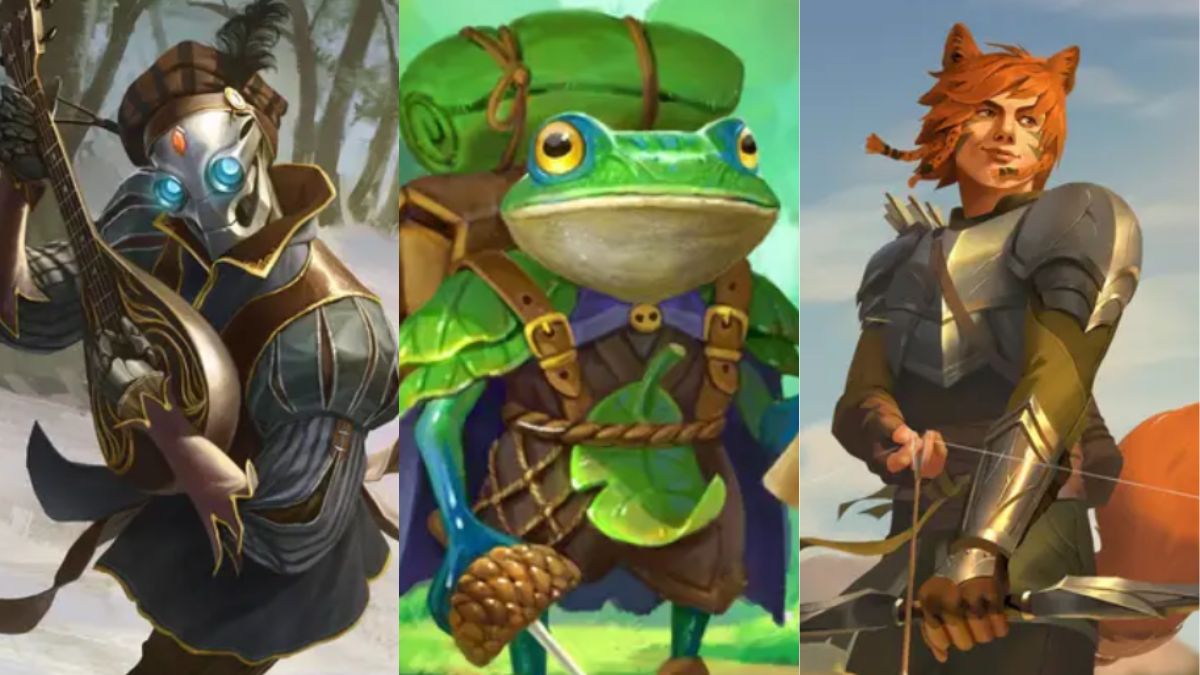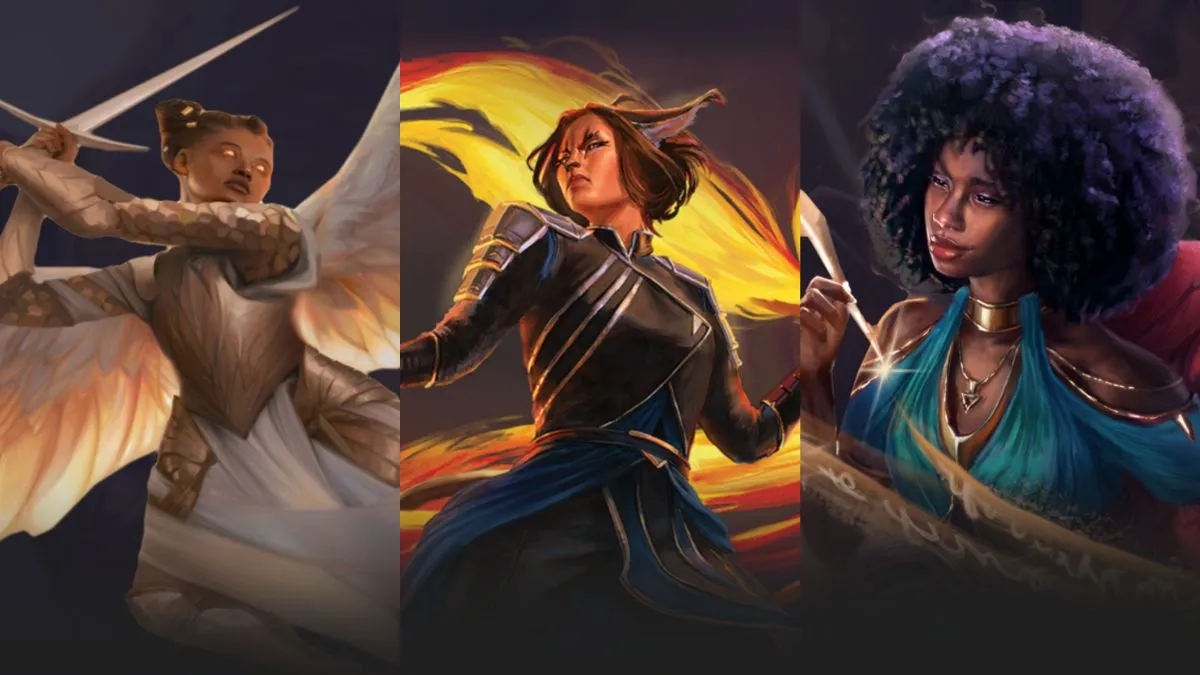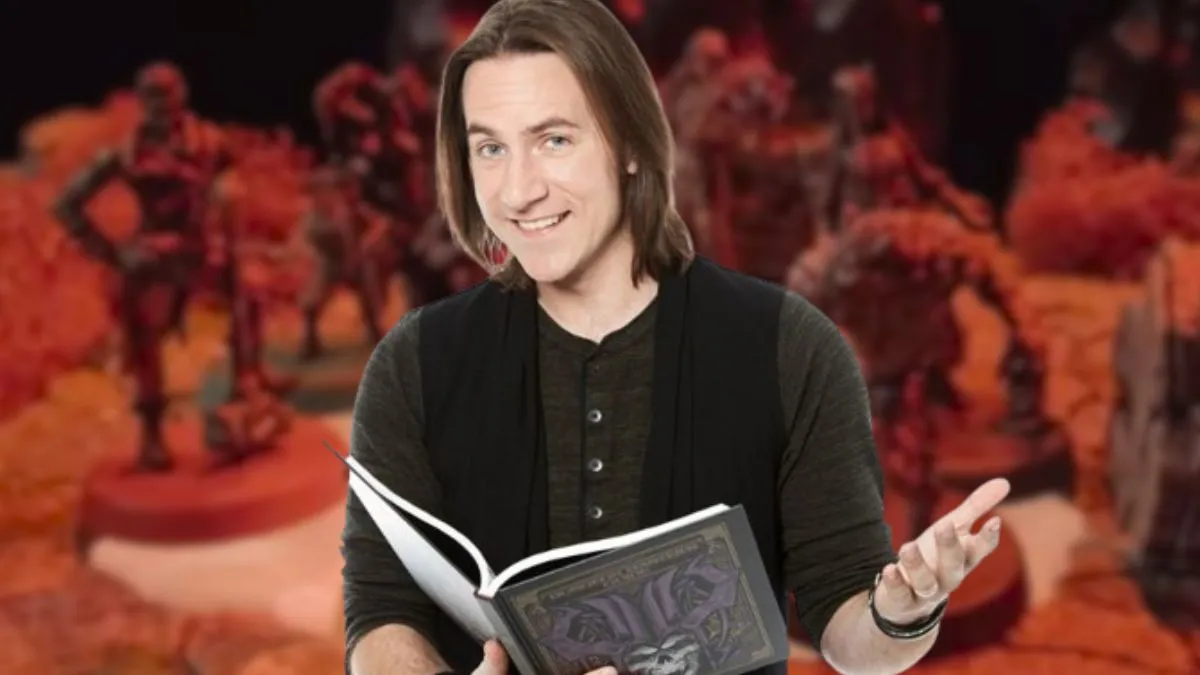We’ve all heard it at some point in our lives, either from an exasperated parent or a nannying cartoon series determined to impart some kind of moral guidance: “Finish what you started.”
It’s decent advice when applied to many things – higher education, great literature, shaving, cheesecake. But how does it apply to videogames? If the game is doing its job properly, you should be traveling toward completion without even being conscious of it, whizzing along on a pleasure cruise of intriguing narrative and intuitive gameplay, any barrier between player, character and progression melting away like blowtorched butter.
A good example is Ico, the mute poster-child of arthouse gaming. This existential quest has such an absorbing, heartstring-plucking storyline that to not see it through to the finale would be like beginning to read a fairytale to your 6-year-old niece, then abruptly slamming the book shut when the princess is still deep in her enchanted slumber.
But while Ico leads the player deftly toward a conclusion as satisfying as it is ambiguous, many other games stumble drunkenly toward their climax. Random difficulty spikes, murderous end-of-level bosses, poorly chosen save points, illogical puzzles, aimless narrative … all of these bleed enjoyment from the experience.

Every videogame veteran can recall a time when he had to grit his teeth, hunker down and just grind through the minefield, whether it was the Library in the original Halo or the twitchy session of hide’n’seek with chainsaw-wielding dimbulb Piggsy in Manhunt. “Continue?” Yes. “Restart from last save point?” Definitely. “Sure you want to keep going despite the fact that this really isn’t doing either of us any favors?” Exactamundo.
Most gamers like to be challenged, and there is a certain grim satisfaction to be had from beating a level that once seemed impossible. Any psychological scars from the experience can now be worn as badges of honor, particularly in the look-at-me age of Xbox 360 Achievements. The world can see what you’ve been through, and can choose to applaud or shudder in response. You completed Gears of War on “Insane” difficulty? High five! You unlocked the Burnout Paradise Tribal Special Hot Rod that looks as if it should grace an Aerosmith album cover? Way to go!
But there’s a whole caste of forgotten PS2 games that offered no tangible reward for brawling your way through to the credits. Finishing them meant no playground bragging rights, no gameplay-reinvigorating unlockables, not even a toe-tapping song. And yet, for a few years, these were exactly the games that took over my existence, deadening the joy centers of my brain, curdling my naturally sunny disposition and methodically asphyxiating my social life.
Forget the exclusive gentleman’s club of elite PS2 titles like Grand Theft Auto: Vice City or God of War, games that are not only enjoyable to play but fun to discuss with colleagues and co-workers. I’m talking about such unheralded, misremembered non-hits as Total Overdose, Cold Winter, The Suffering, Psi-Ops: The Mindgate Conspiracy, Spyhunter 2 and Urban Chaos: Riot Response, all games I burrowed away at until they were done, finished, kaput.
Perhaps some of these titles have their revisionist cheerleaders, but toggling between the 100-percent saves enshrined in my bashed-up PS2 memory cards, I struggle to remember anything that was particularly enjoyable about completing them apart from mounting their heads on my metaphorical den wall. Playing through them became a strangely comforting routine; instead of, say, going to the gym for a couple of hours after work every night, I’d go through similarly repetitive maneuvers in front of the TV, advancing through kilometers of steel-clad corridors, locating countless numbers of electronic keycards and squeezing off so many rounds of ammunition that I should really have tinnitus.

The way I played these and other barely notable PS2 titles, they all turned into survival/horror games. More often than not, the further into the game I progressed, the greater the sense of isolation. Halfway through, having navigated sloppy, gruelling or just plain boring game design (including at least one sewer level), you start to feel very alone. Surely no other sane player would have continued this far. It’s an unnerving experience. Further still, the loneliness becomes even more oppressive – clearly the playtesters were never involved in this part of the process. If they had been, the game would have to be better, right? You have been abandoned in a game world that doesn’t bother to make sense, held together with little more than recycled design assets and arbitrary, invisible walls. It’s way scarier than Silent Hill.
Two games in particular have come to symbolize the pointlessness of my completionist’s impulse. Tropical insurrection simulator Just Cause was apparently a sun-baked treat on the Xbox 360 and PC, vividly evoking a banana republic as it cheerfully dove headlong into civil war. But on my PS2, the game world wheezed, juddered and occasionally stopped altogether. Even just exploring the sprawling archipelago of San Esperito took patience and toilsome effort. But to successfully unlock the network of 48 safehouses necessary to complete the game, the player was required to perform certain tasks, such as attacking enemy-occupied settlements and, rather quaintly, raising a rebellion flag. Then you had to do it again. And again. And again. Viva la repetition!
There are encampments in San Esperito I must have liberated, literally, with my eyes closed, muscle memory alone guiding my jeep through the same three roadblocks toward the town flagpole. Eventually, after hours of play, I managed to overthrow the evil government and turn the whole map green. And that’s exactly when I stopped playing, never to go back. I could tick off liberating an entire country from my to-do list, but for a conquering hero of the revolution, I only felt aggrieved and glad it was over. Don’t cry for me, San Esperito.
To be fair, there were odd moments of stylized stuntman pleasure to be had in Just Cause, flashes of the emergent gameplay that Grand Theft Auto has raised to an artform. But the game that has come to symbolize the Pavlovian nature of my addiction had no room for improvised action riffing, instead remaining as linear and lumpen as a novel by Mario Puzo.
Mafia was a port of a lauded PC game, so there was a lot to pack in to the PS2 version. But while the well-mounted cut scenes and plodding plot survived the conversion, the game itself was broken. Driving hilariously underpowered Bugsy Malone automobiles through the wobbly-looking city of Lost Heaven was pretty bad, especially when crossing the main bridge instigated a loading pause so pregnant you began to wonder if time itself had stopped. But the on-foot run-and-gun sections were worse: jerky, unintuitive and unforgiving. The only way to compensate for the poor gameplay was to painstakingly plan your progress, so it felt more like an unfair strategy game than a shooter.
Of course, I finished Mafia, grinding through a terrifically difficult final art museum level and terminating my double-crossing nemesis through a combination of trial-and-error and sheer bloody-mindedness. And yet, at the end, I felt nothing. It was just another notch on my belt.

Eventually, I figured out why I did it. Everyone wants to finish a good game, to get the full experience. But with bad games, I took on the thankless role of oversight, continuing to play just to see how badly the designers and programmers had misplaced their effort. And even if the game stayed terrible, I’d keep going on principle. It was a philosophical protest, a way of saying “I’m holding up my end of the bargain. You threw in the towel, not me.” It’s a little perverse – battling through hours of tedium and unfair odds just to claim a moral victory. But perhaps it was a way of shaming developers into making better games.
The golden age of poorly conceived, woefully executed single-player PS2 action-adventures is now officially over, and all I have are my smeared, identikit memories. But it wasn’t the mass migration to next-generation consoles or the ominous rise of online gaming that made me kick the 100 percent habit. Nor was it through sheer willpower alone. I had a little help. Think of it as a nicotine patch – or, more accurately, like being caught lighting up by your father, then forced to chain-smoke Lucky Strikes until you turn green.
If it wasn’t for the idiotically expensive, airlessly slick and utterly joyless Marc Ecko’s Getting Up: Contents Under Pressure – perhaps the world’s suckiest future-set graffiti simulator – I may never have broken the cycle. Even I had to draw the line somewhere, and it turned out to be with a spraycan while adopting a laughable pose of faux-rebellion. Now that I’m clean, I put as little effort into bad games as everyone else. I owe you one, Marc.
Graeme Virtue is a freelance writer and broadcaster based in Glasgow, Scotland. He deeply regrets never completing Head Over Heels on the ZX Spectrum



